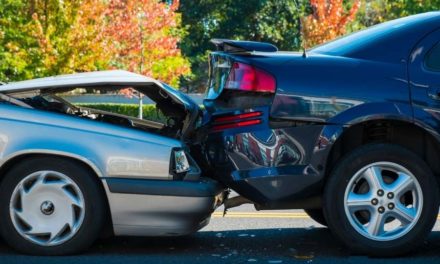While you may believe your car insurance would cover you from accidents you are involved in, there are circumstances when your insurance coverage may be paying the bills for a friend’s driving mishap. Your car insurance normally covers drivers who are listed on your policy. This may include the majority of household members and “permissive users.” An individual who drives your automobile with your permission but isn’t mentioned on your insurance policy is a permissive user. This article provides a comprehensive guide on car accidents involving permissive users.
Who Is A Permissive User?
Giving someone permission to use your car under the terms of their auto insurance policy is known as permissive use. Permissive use, for instance, would be allowing a friend to borrow your car. Some permissive automobile insurance policies might only offer a restricted level of protection for such drivers or impose higher deductibles if a claim is filed. It’s possible that your friend’s auto insurance policy would cover any damages if your friend borrows your car and gets into an accident, but that’s not a given.
What To Do After Someone Else Crashes Your Car?
Even if you weren’t involved in a vehicle accident, it’s crucial to move swiftly after an accident. In the event of a personal injury accident, here’s what you should do:
Understand Your Coverage
Read your insurance thoroughly if a friend or other party is to blame for the collision. You might not be liable for damages if someone drove the car without your consent, such as when it was stolen. It might be challenging to demonstrate that you did not authorize anyone to use the vehicle.
File A Claim
It’s best to contact your insurance provider as soon as possible following the accident to be safe. Certain policies permit a refusal if a claim is not made immediately after an accident. Get the driver’s insurance details in case you need to claim it or your insurance company wants to seek compensation for the damages later.
Hire A Lawyer
The best course of action is to speak with auto accident lawyers near you. Because every auto accident is unique, your case may necessitate legal representation.
Experienced car accident lawyers ensure that you pursue damages if the person driving your car was not at fault for the collision. Even if you weren’t present when the accident happened, the at-fault motorist must pay for the damages. Your car probably sustained damage, and the person driving it might have been hurt.
Limitations On Permissive Use
Permissive use is normally only permitted in circumstances when the danger and liability are equivalent to your driving. The permissive usage principle does not apply in the following situations:
- The vehicle is used on the job. For instance, permissive usage does not apply to any damages incurred if you lend your car to a friend who uses it as a rental car.
- If an unskilled or unlicensed driver is given access to the car. The insurer will almost certainly decline coverage under permissive usage if the car driver does not have a valid license. The insurer may decline coverage on similar grounds if the person is inexperienced behind the wheel.
Determining Liability
You assume vicarious liability when you lend someone your car and are responsible for their acts. The owners’ culpability is often limited in states where owners are held accountable for another driver’s behavior. These restrictions don’t apply if you gave the other driver your car in a negligent manner. This typically indicates that you lent your car to an unauthorized driver or someone with a history of reckless driving.
Final Thoughts
Seek assistance if you need help understanding your auto insurance policy. Bring your policy to your insurance agent and ask them to go over the specifics of the policy, particularly about covered drivers and vehicles. Since insurance policies are difficult to understand, your insurance agent could significantly help you understand the policy.















